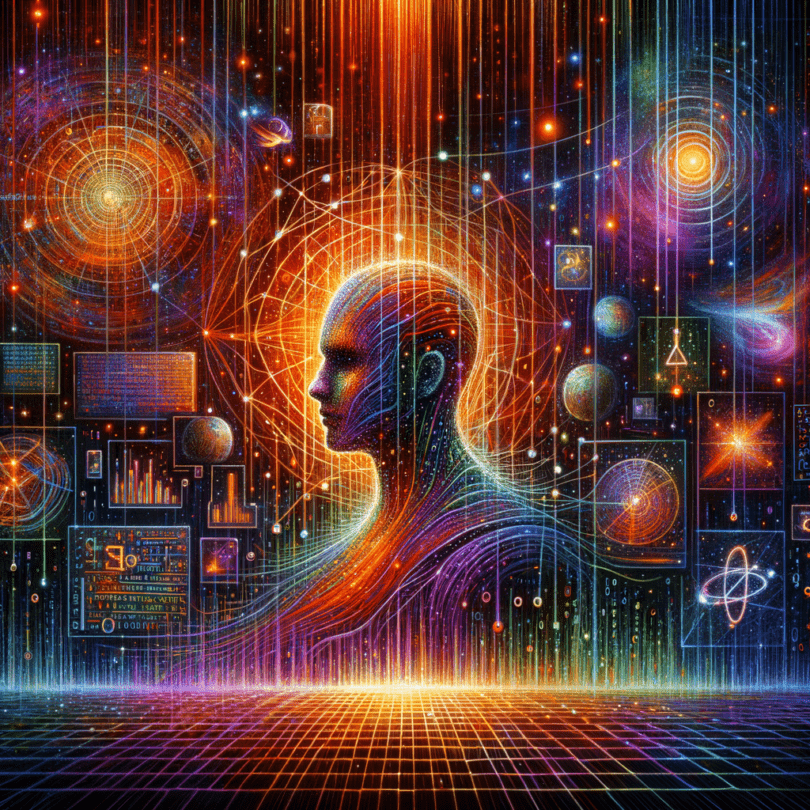In the sprawling cosmos of science fiction, there is a prevailing trend that has been causing enumerable discussions, and conjectures, and that is the use of algorithms. Algorithmic minds, often presented in the form of artificial intelligence (AI) entities, infiltrate the narratives of many sci-fi works, leaving us pondering over the profound implications of such technological advancements. This article seeks to unravel the complexity and shine a light on these intriguing algorithmic minds, as we delve into an intriguing blend of computer science and creative storytelling.
In the multi-colored tapestry of science fiction narratives, algorithms often act as the brainpower behind sentient machines. These algorithmic minds represent an advanced form of AI, capable of independent thought, decision-making, and even emotions. This creation of perceived consciousness in machines is often referred to as “Strong AI,” as opposed to “Weak AI,” which emulates intelligence but doesn’t truly think or understand.
A pivotal example that springs to mind is Isaac Asimov’s ‘Superintelligent Machine’ starring Multivac, an advanced computer with an algorithmic brain leveraged to govern human society. In Philip K. Dick’s novel, ‘Do Androids Dream of Electric Sheep?,’ the narrative centers around human-like androids with algorithmic minds that are almost indistinguishable from humans. These examples beautifully encapsulate how the idea of algorithms is woven intricately into storytelling fabric.
In the cinematic realm, the concept of algorithmic minds has been explored through films like ‘Ex Machina’ and ‘Blade Runner.’ These creations posit questions about the ethical implications of creating machines that can feel, think, and comprehend like human beings. Are these sentient beings entitled to rights? Will they serve humanity, or pose a threat to our existence? These are the profound questions that sci-fi epics tend to grapple with.
From a more technical standpoint, algorithmic minds in sci-fi provide a fascinating representation of what we might achieve with advancements in AI and machine learning. The development of real-world AI systems is often guided by complex algorithms, which involve tasks learning, pattern recognition, language processing, and decision-making. In exaggerating these concepts through sci-fi narratives, authors and filmmakers explore the pinnacle of what might be possible, while also posing significant moral and philosophical questions.
What makes this genre even more intriguing is its ability to predict future trends. The idea of video calling, universal translators, and even the concept of the internet were all conceived in the realms of science fiction before becoming a reality. While we are yet to crack the code of creating a sentient AI, the depiction of algorithmic minds in sci-fi provides a roadmap for potential advancements in AI, stirring the scientific community to explore such possibilities.
Each story, each book or film, presents a new perspective on the future of AI, challenging the boundaries between science and fiction. As we delve deeper into the awe-inspiring constructs of algorithmic minds, we not only spur technological progress but also engage in a necessary dialogue about the nature of consciousness, free will, and our moral obligation towards our creations.
So, we leave you with a thought – as we inch closer to possibly cracking the code and creating algorithmic minds of our own, what ethical considerations should we bear in mind? What should our approach be to ensure that the power of algorithms enriches our future rather than imploding it? Let’s keep this discussion alive as we continue to decode the prodigious potential of algorithmic minds in science fiction and beyond.

